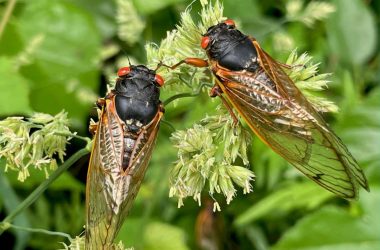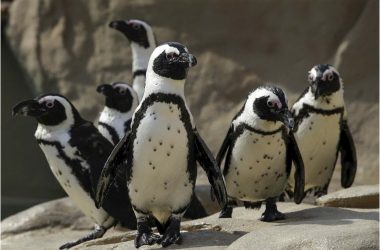Impaired sleep patterns can hinder bees’ ability to pollinate flowers
Azur13/Getty Images
Honeybees undergo reduced sleep when exposed to artificial light during nighttime, which can have adverse effects on their communication and pollination activities.
According to James Nieh from the University of California, San Diego, “Similar to humans, honeybees also require sufficient sleep.” For instance, honeybees that do not get enough sleep have decreased accuracy in performing the waggle dance—a series of movements that conveys information about the location of nectar-rich flowers to other bees.
Although honeybees do not sleep continuously like humans, they take short naps throughout the day and night. Unlike other insects, honeybees …








